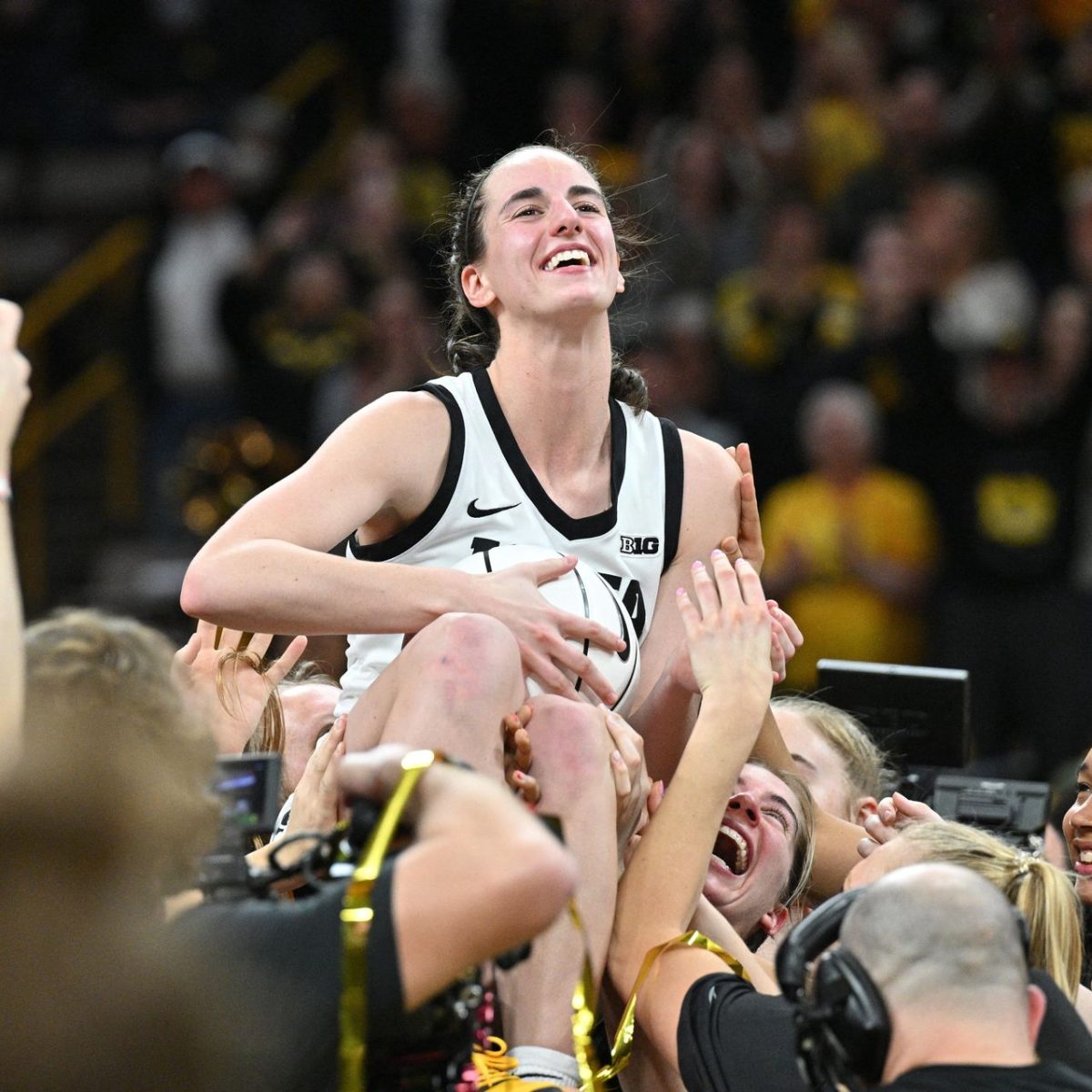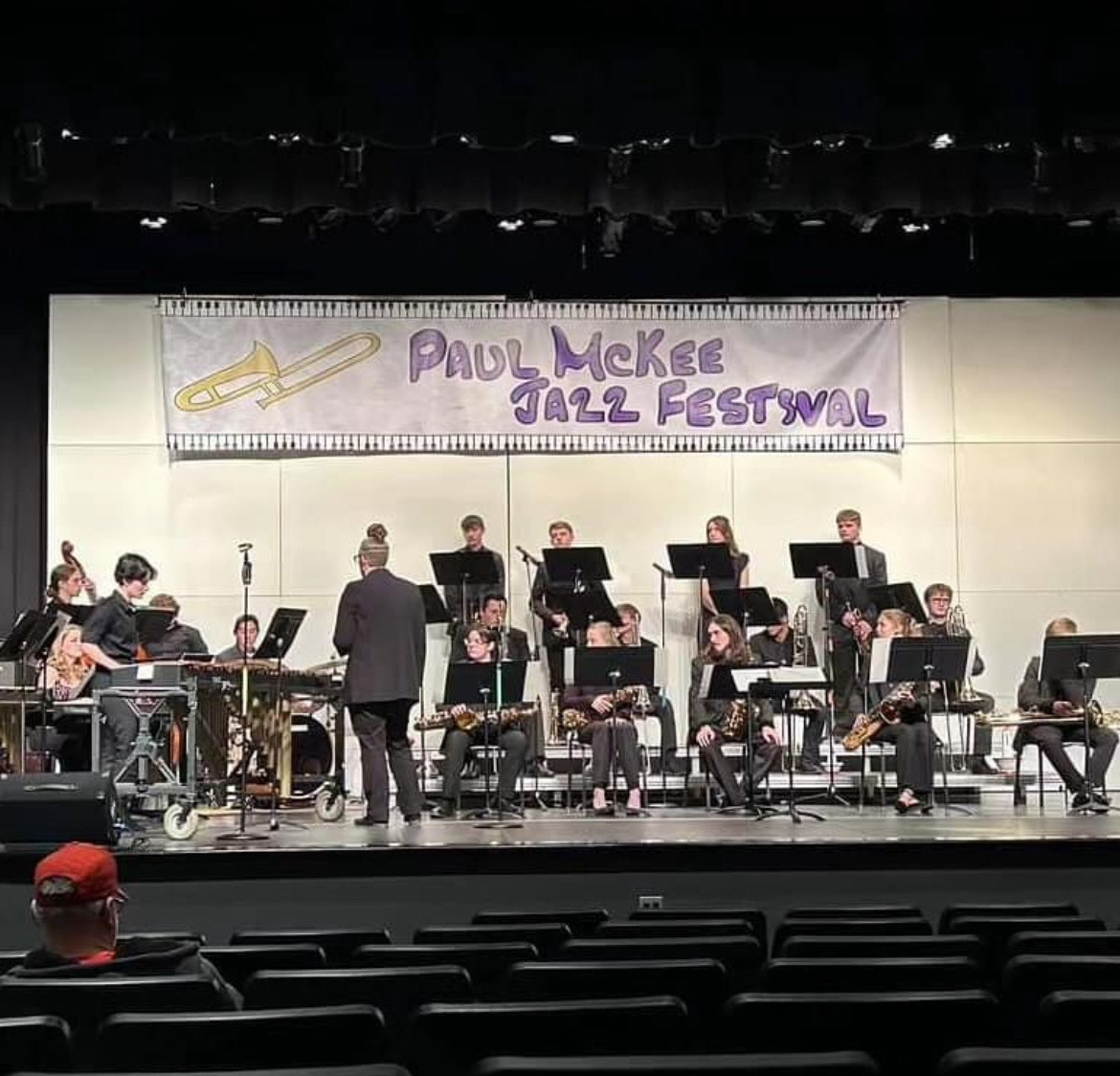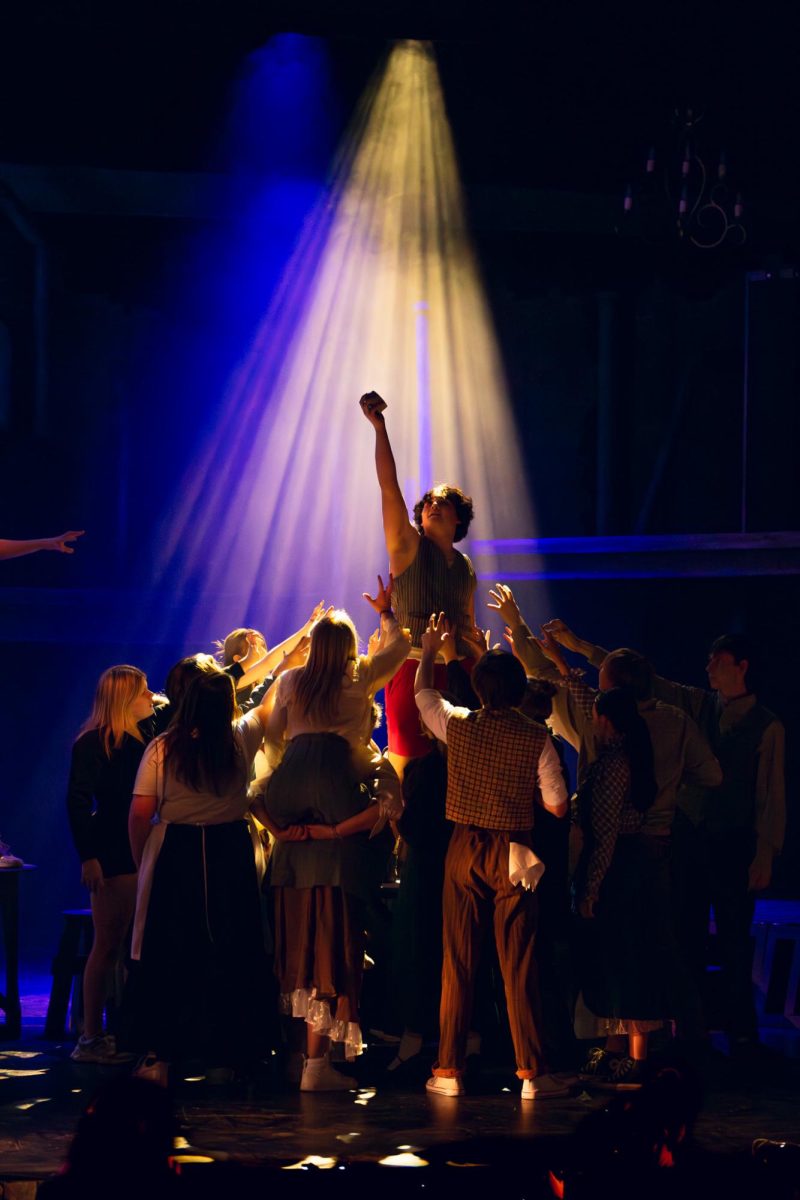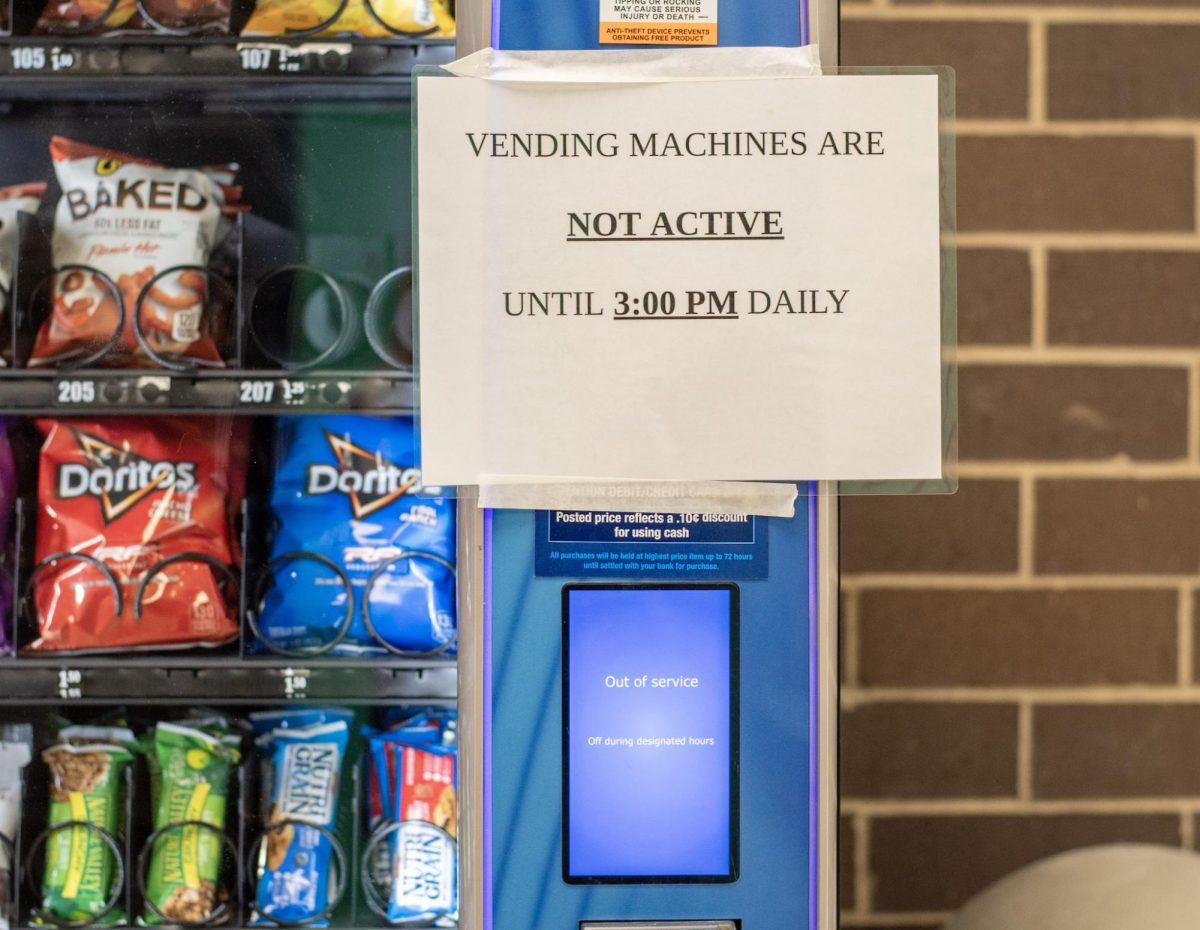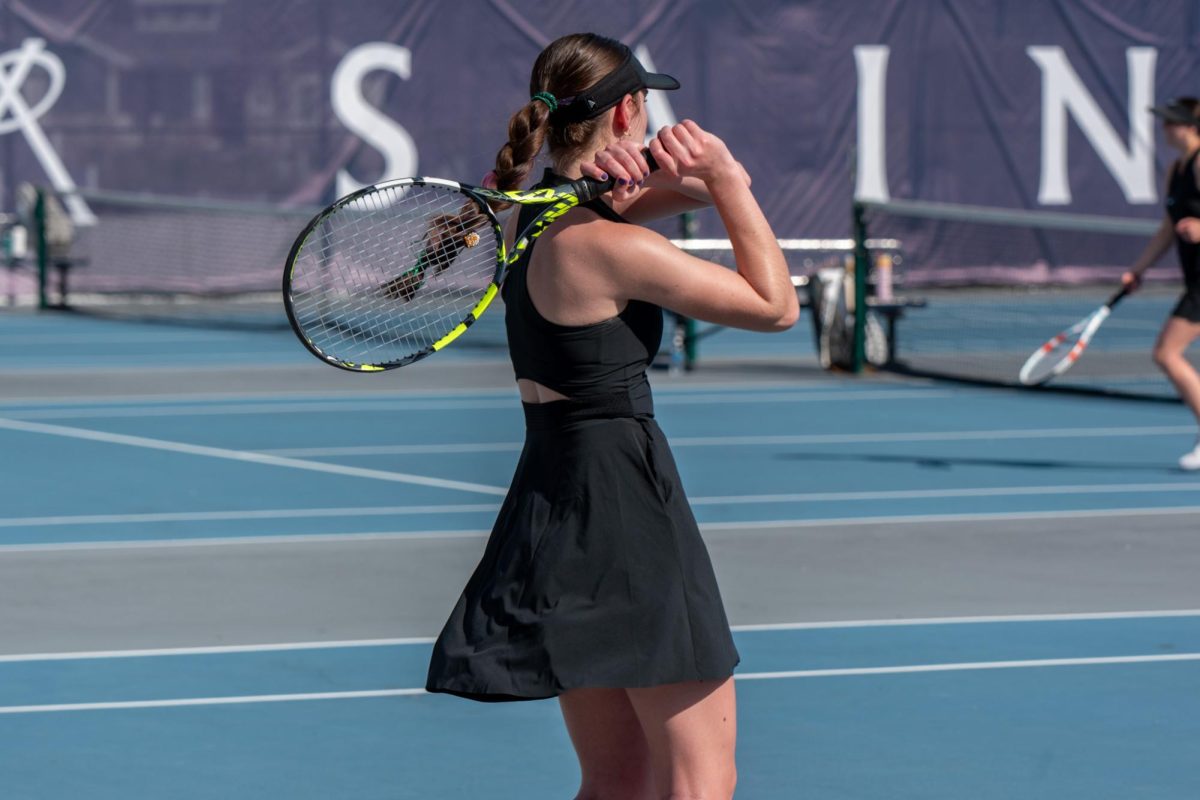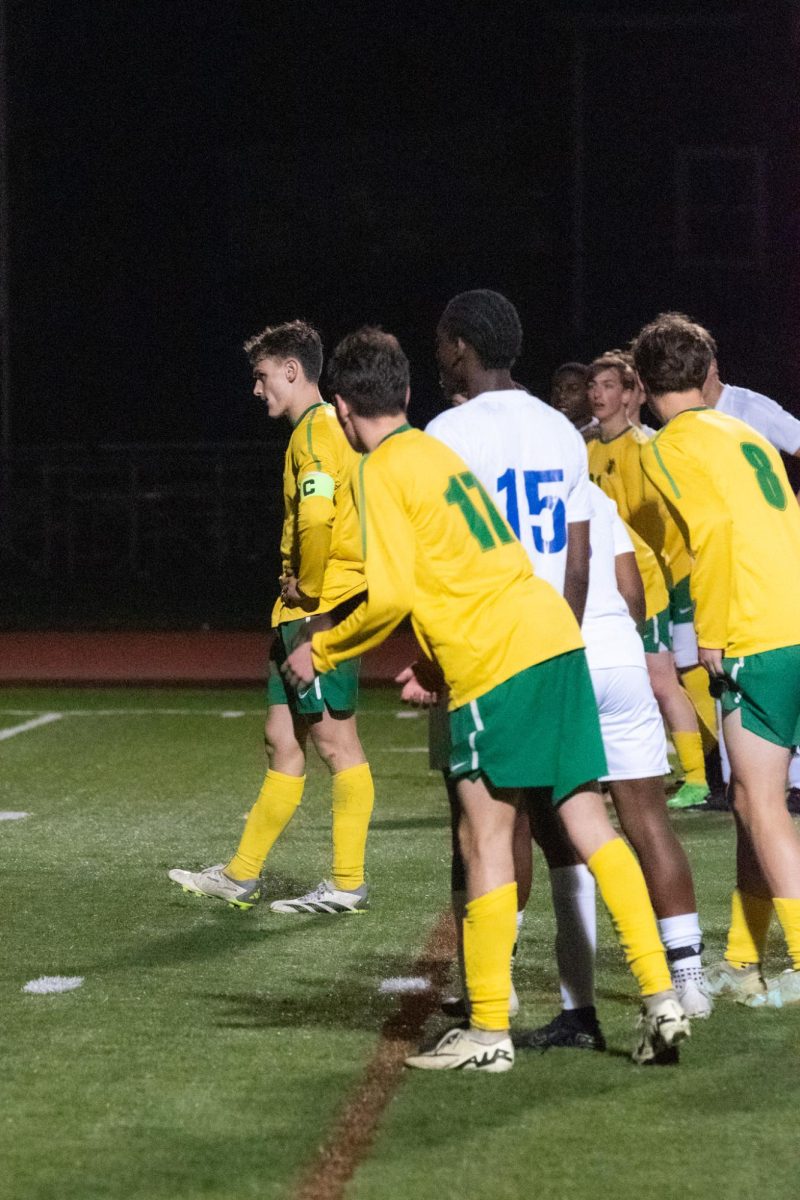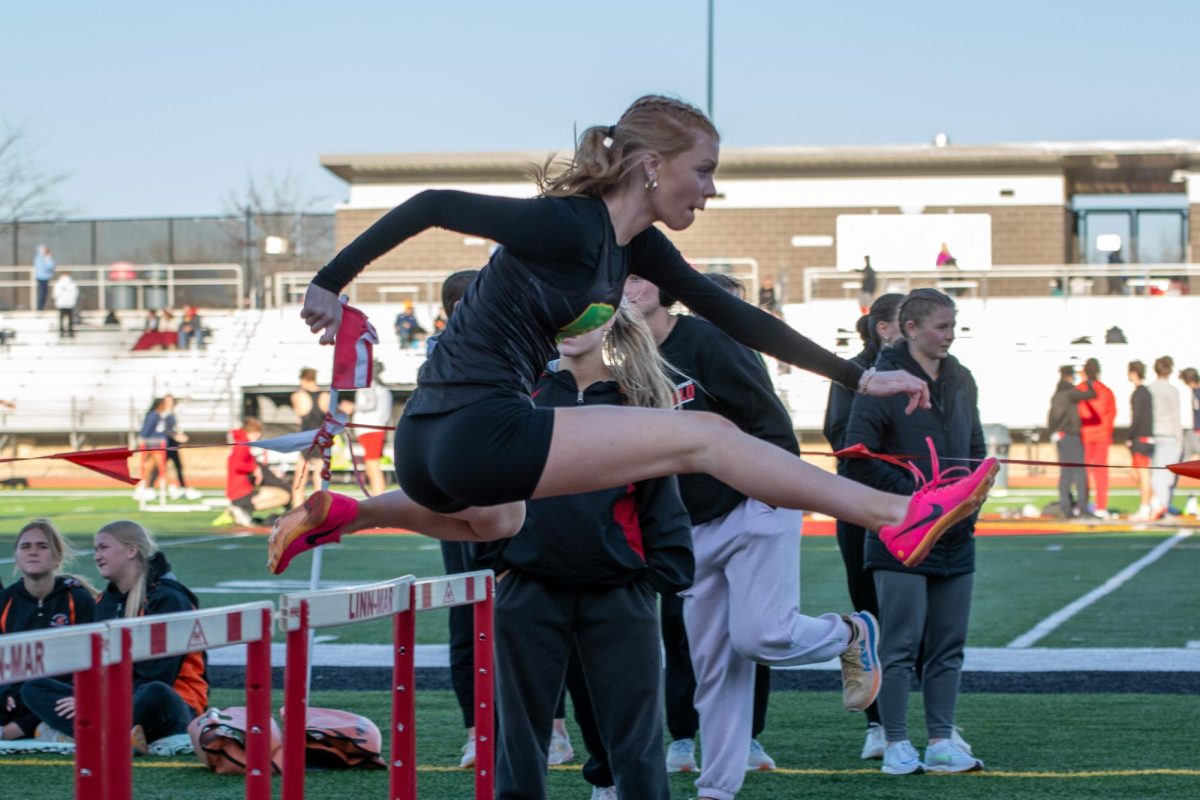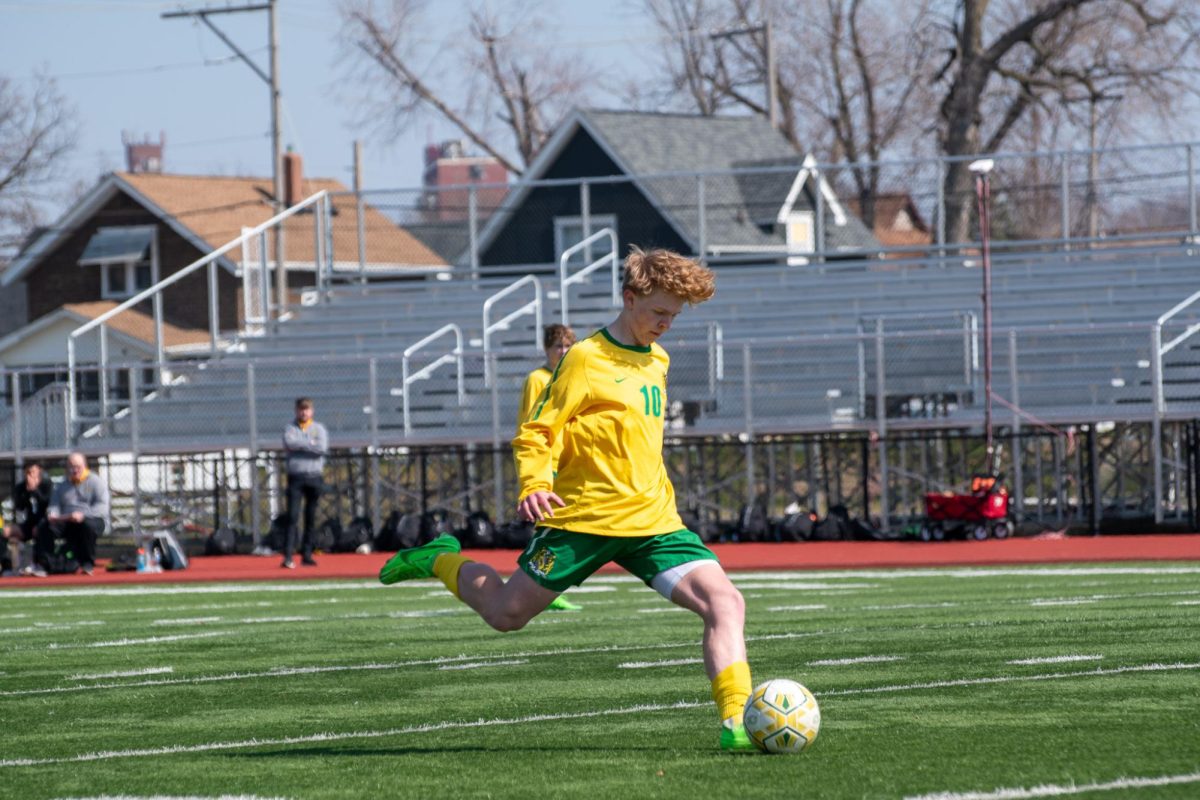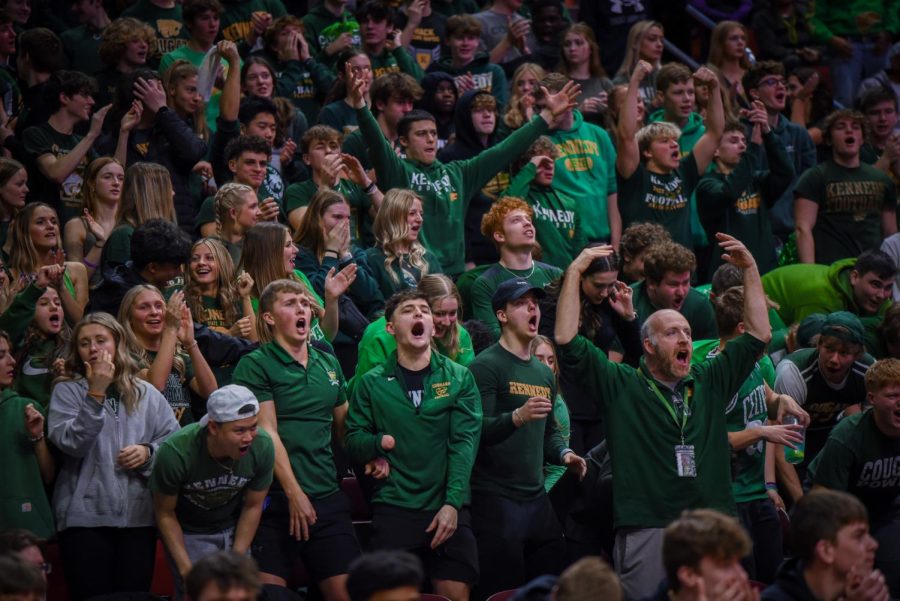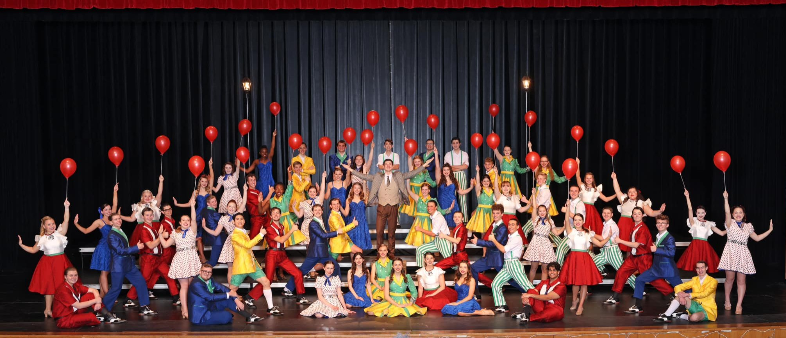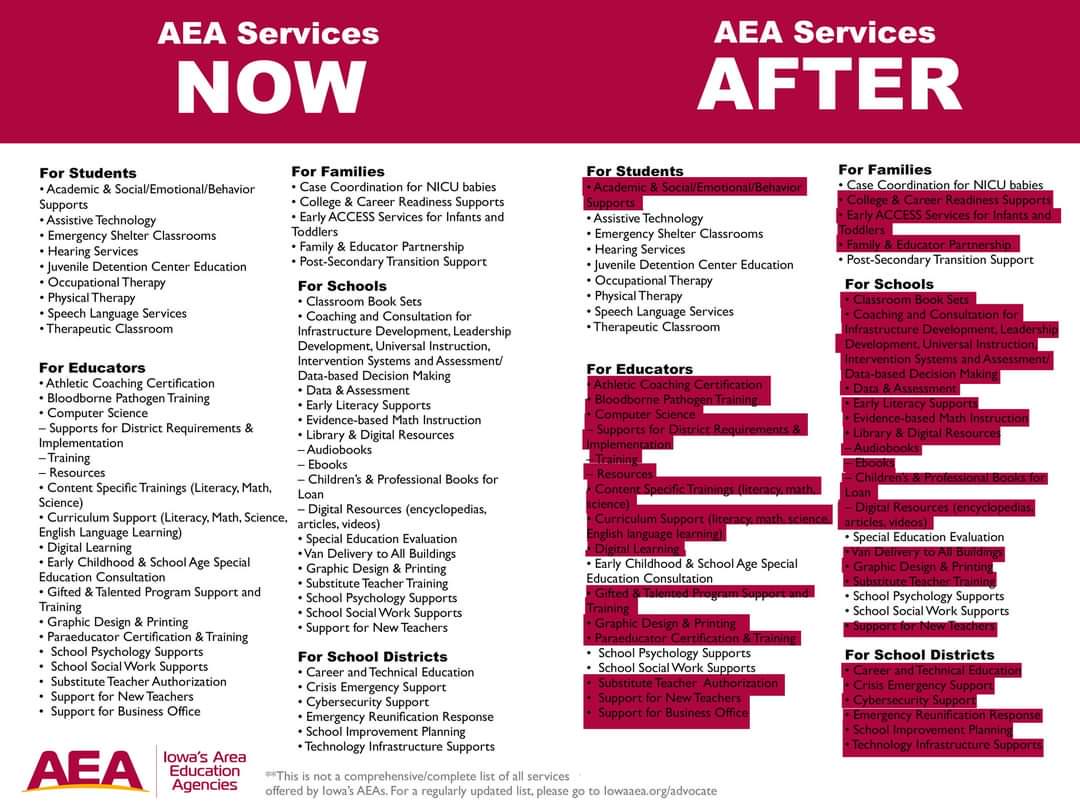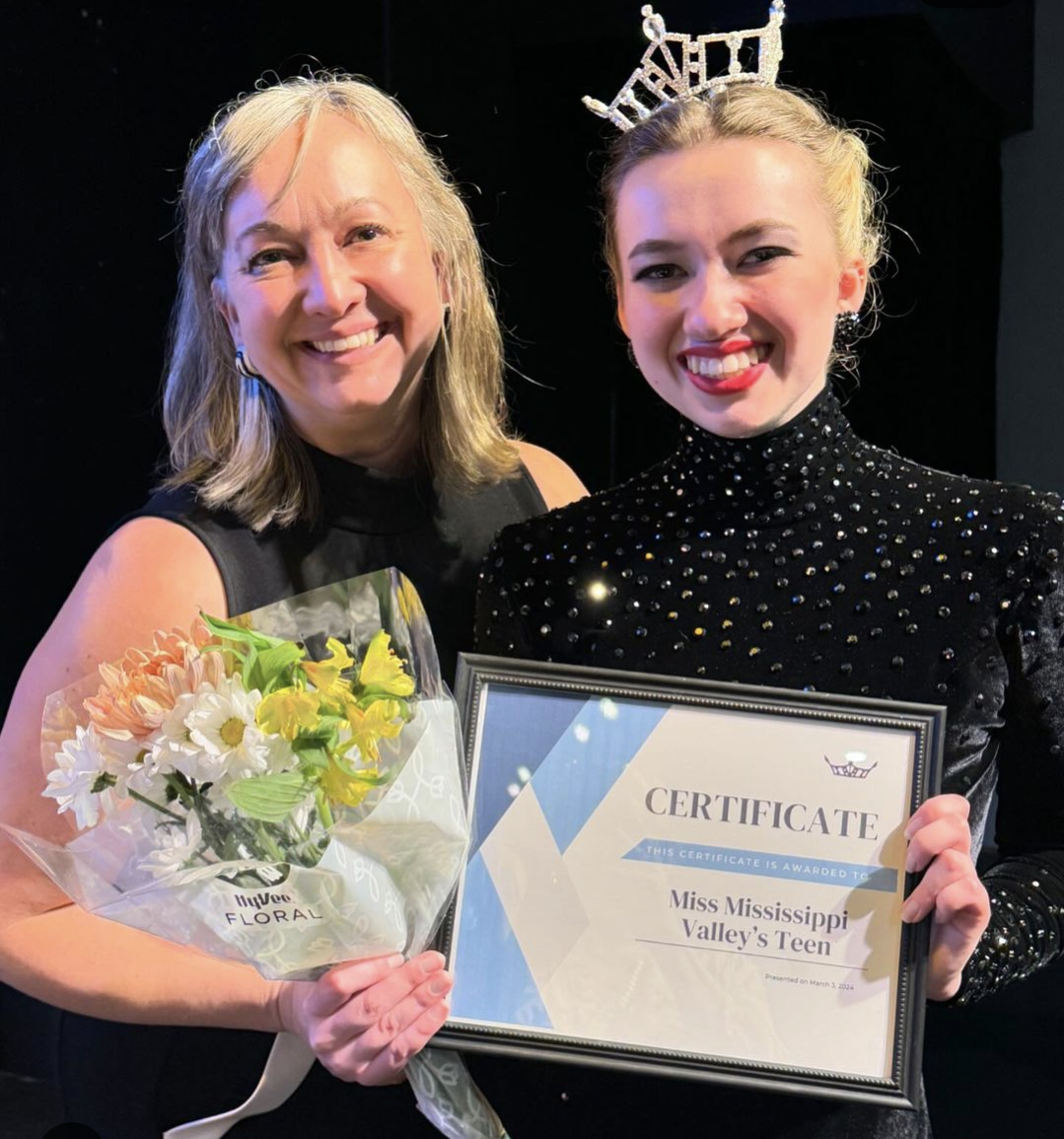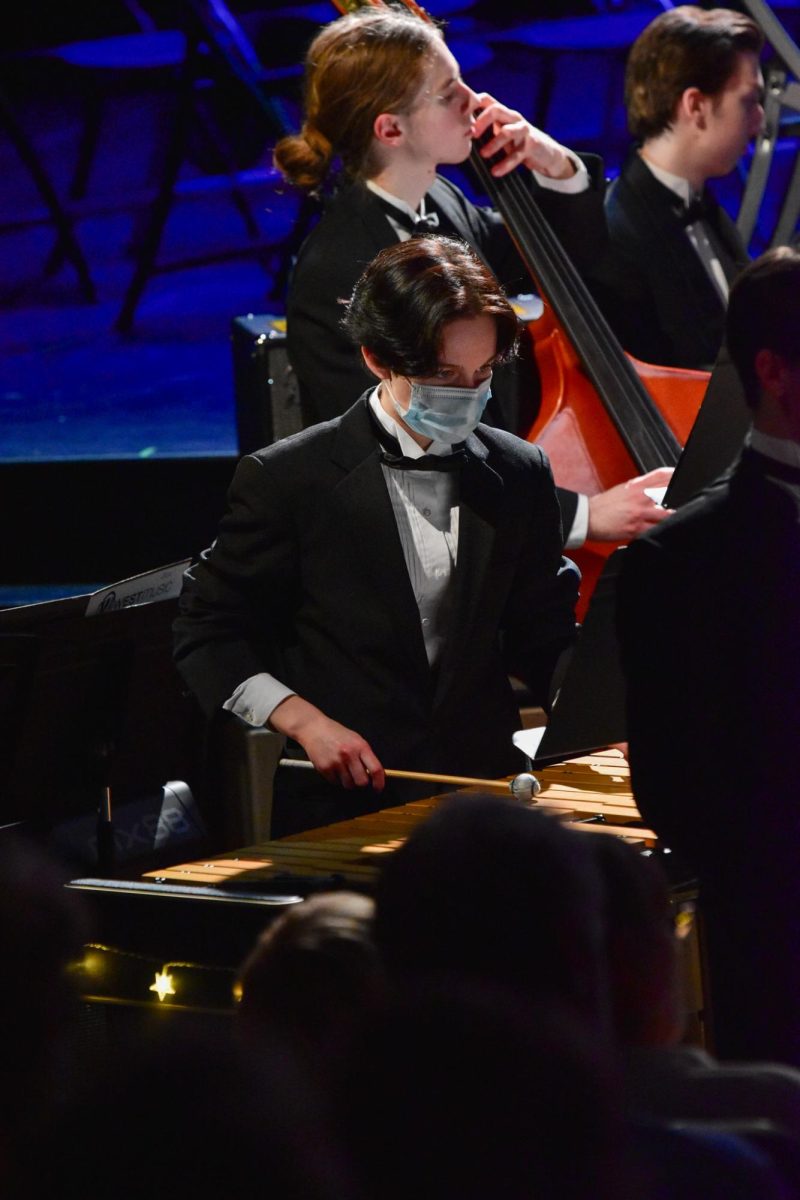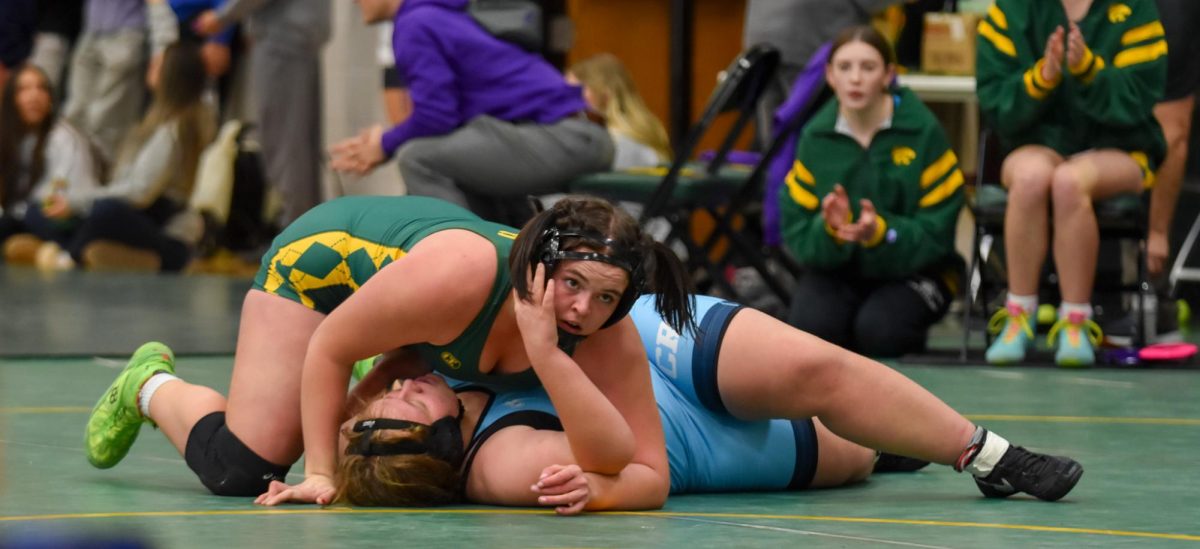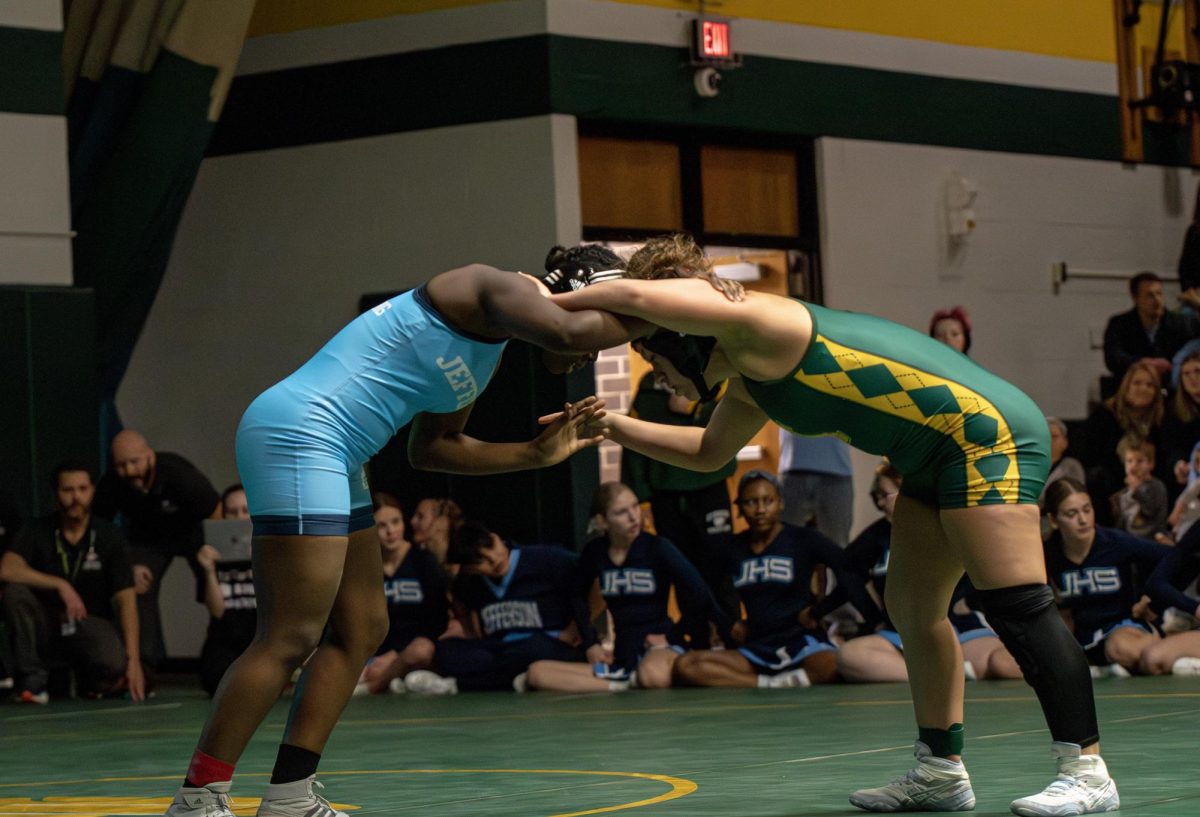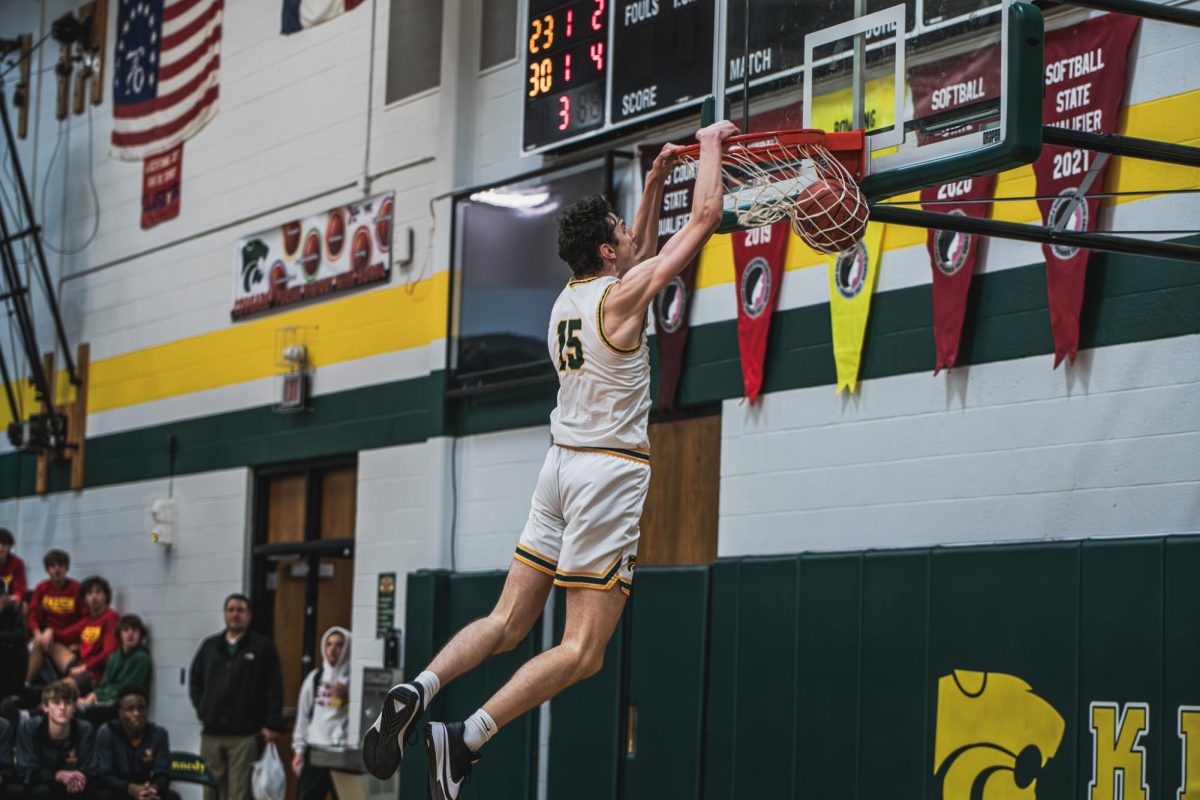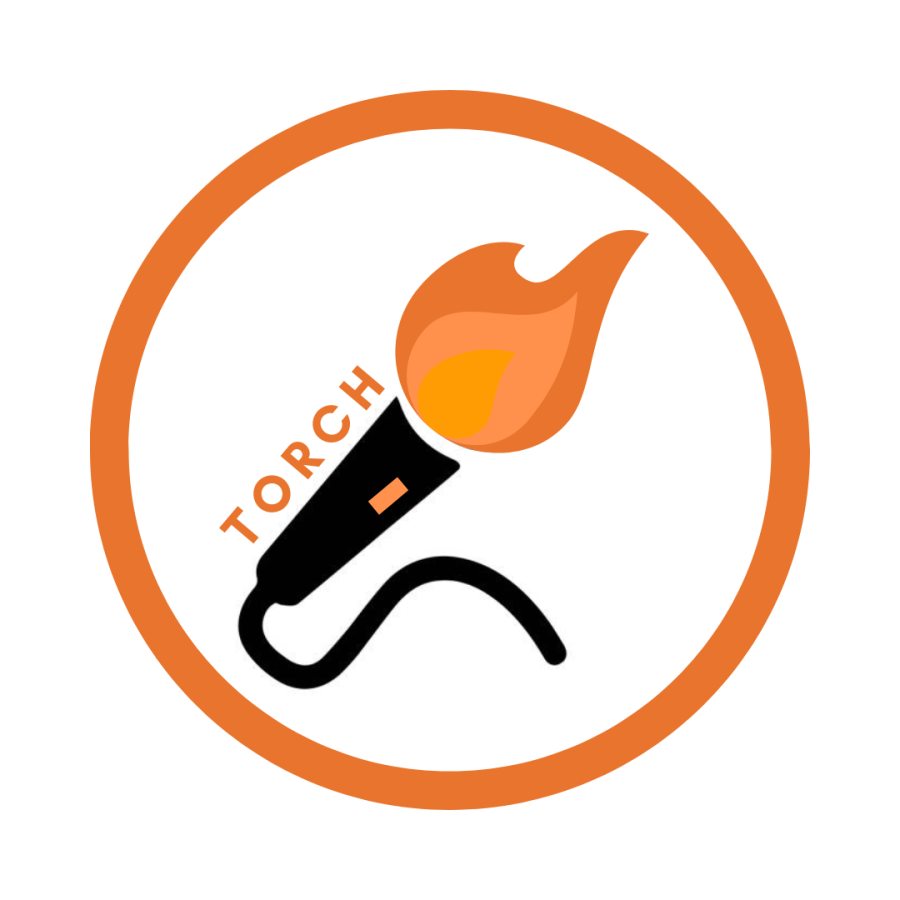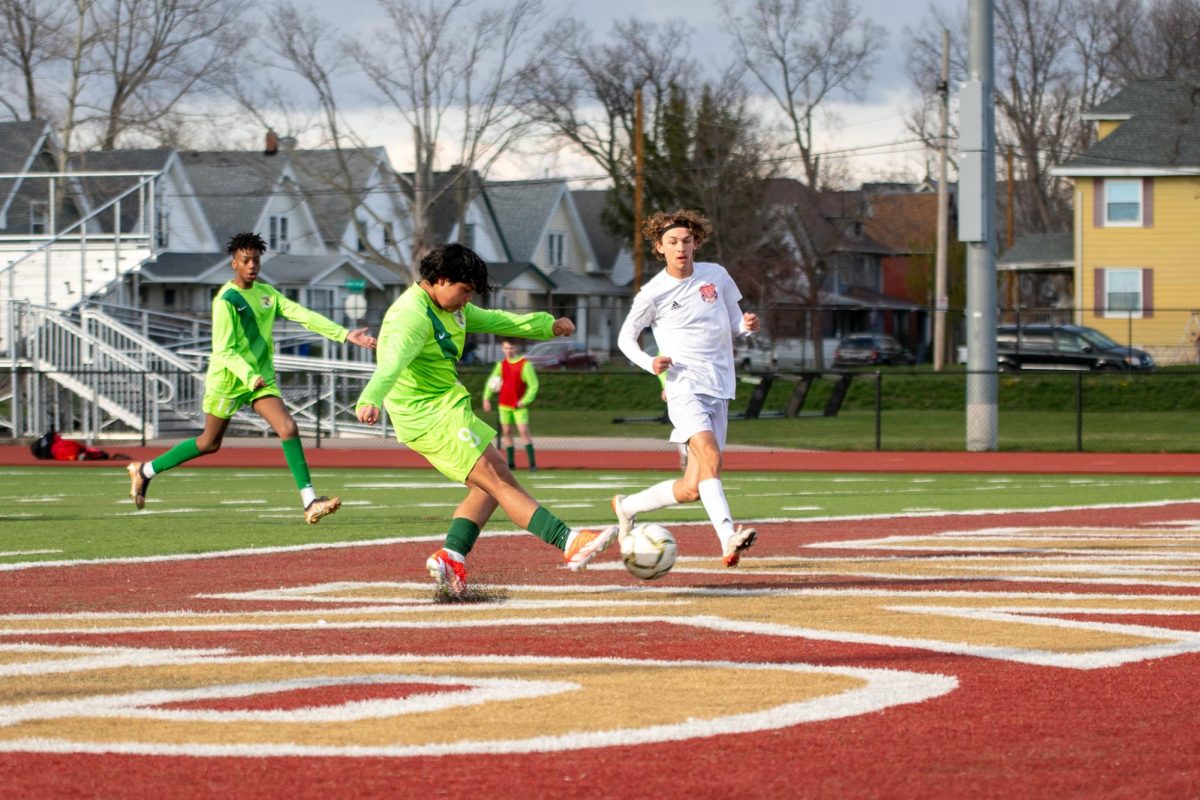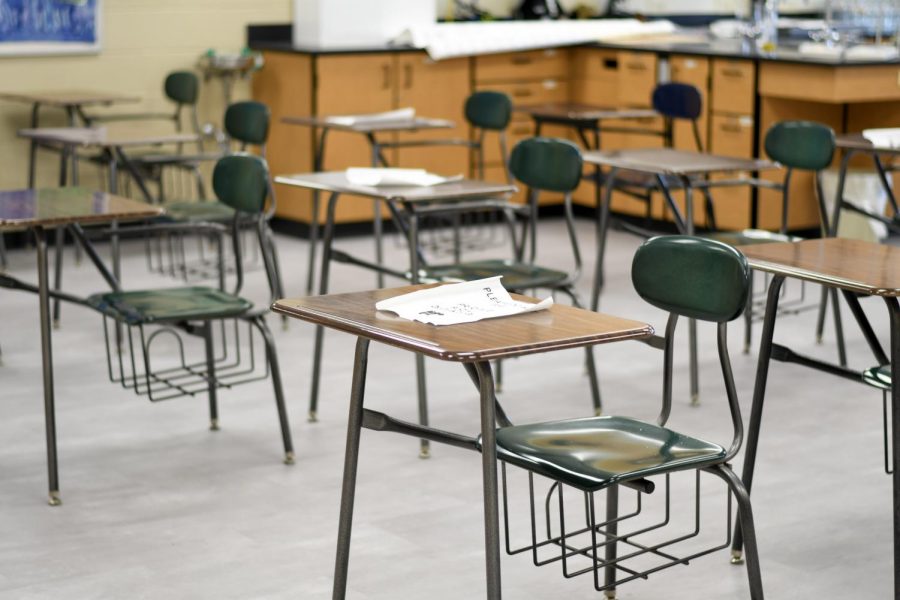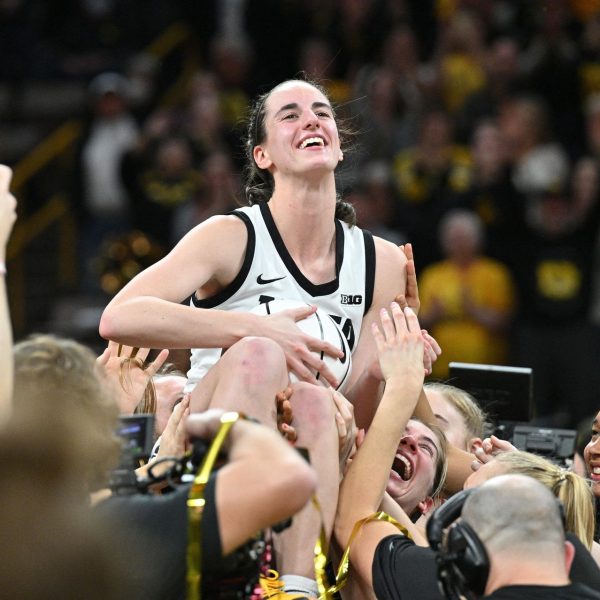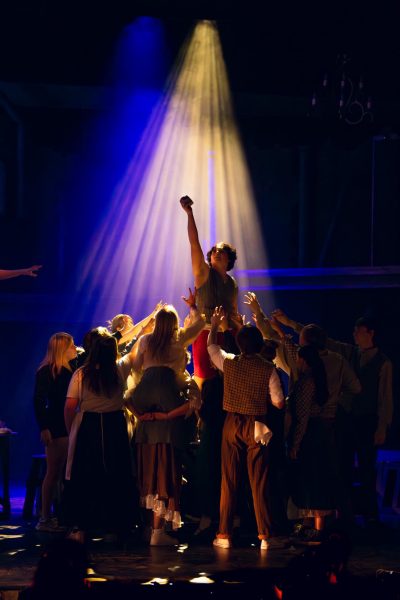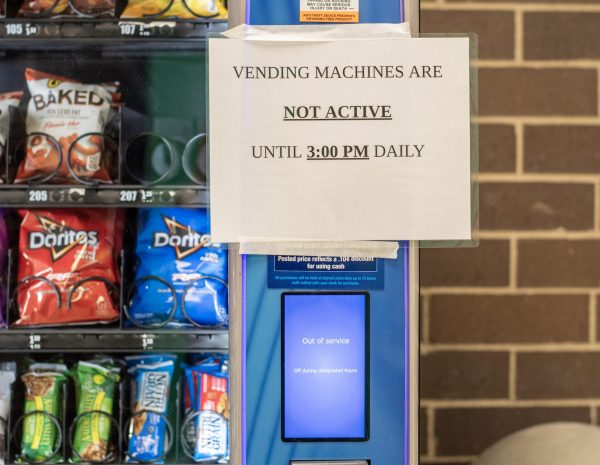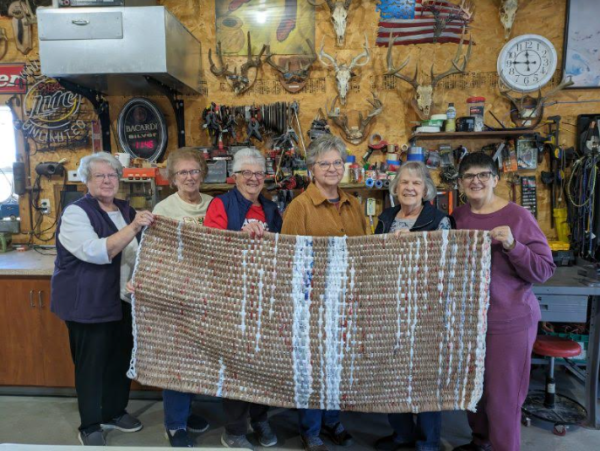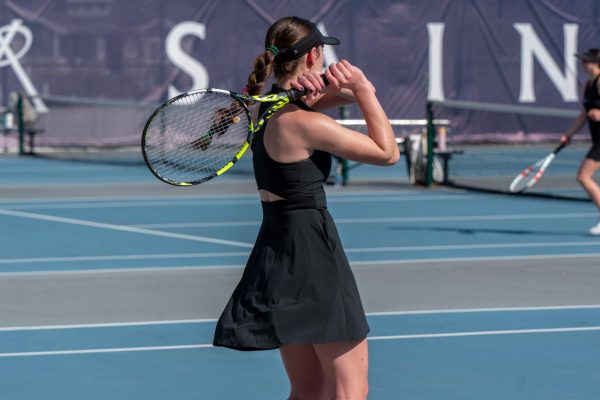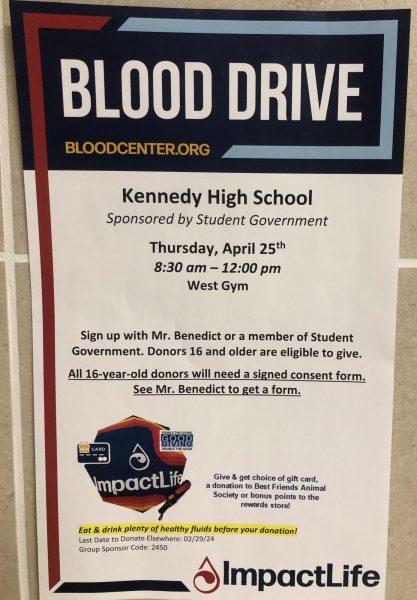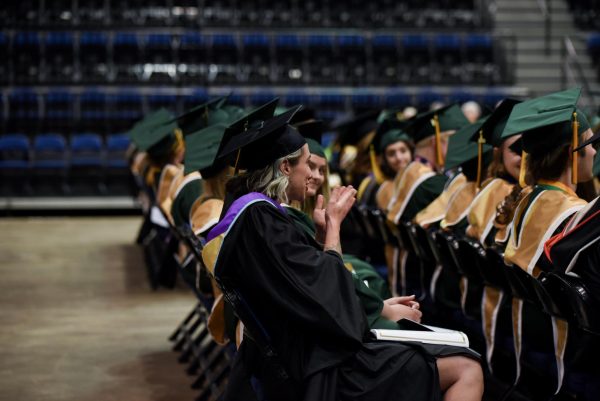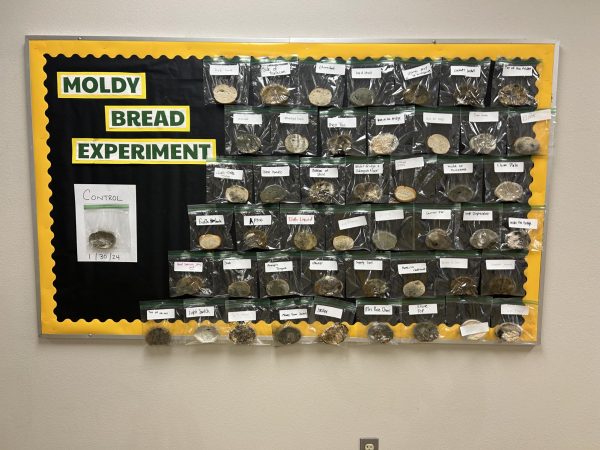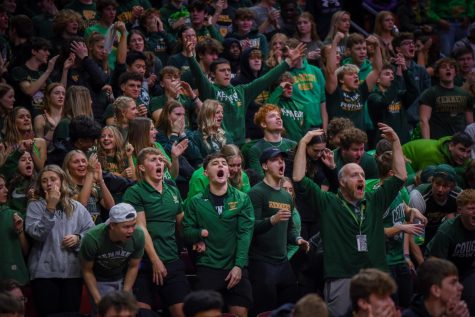Back at Kennedy but Far From Normal
Many Kennedy students will continue school during the summer.
Teachers arranged their classrooms and anticipated the day they would teach their students face-to- face on Jan. 19, 2021. The first day, teachers taught to almost empty classrooms. Most students remained online, no more than a letter in a colored circle on the computer screen.
Unoccupied desks and faces half-obscured by masks, greet teachers every class. The laughter and conversations that used to fill the hallways are absent.
Teachers still haven’t seen a large number of their students’ faces. The personal disconnect teachers experienced in the online format has remained in the hybrid option. Dana Melone, Kennedy social studies teacher, misses interacting with all her students.
“I love building relationships,” Melone said. “This year has been tough. I don’t even know what many of my students look like.”
With students online and in-person, lesson plans have to work for both. Teaching students in both formats at the same time has put extra stress on teachers.
“It’s not that I’m unwilling to put in the effort. It’s just not practical or equitable in the current situation,” Amanda Crowe, Kennedy French teacher, said.
Teachers find themselves teaching from their computers the majority of the time, even when there are students in person.
“Since most of my students are online, I still use Google Meet to facilitate class,” Crowe said. “It’s hard to be in two places at once.”
Without expending themselves, teachers struggle to keep students on both sides of the screen engaged. They want to make the in-person experience worth it so class sizes don’t shrink further, but when the vast majority of students are online, it becomes a balancing act.
“It is difficult,” said Melone. “I do not want students in class to feel like they came to school to sit on a Google Meet, but I also do not want to plan twice for the same lesson.”
Social activities available to those who come in-person can encourage students to be in class. However, small class sizes mean few benefit from the hands-on activities.
When classrooms were full, teachers could facilitate discussions and consistent participation. With only a few students in the classroom, discussions are limited. Those online tend to remain silent while the handful of in-person students take the reins.
Some teachers feel the hybrid schedule lacks the things they love most about the job. They don’t know their students personally, even when students could come to class.
“This year is not bad and I still like my job, but we are missing a lot of the best parts of the job,” Malone said
Your donation will support the student journalists of Kennedy High School - IA. Your contribution will go towards the purchase of a new lens for our photographers.
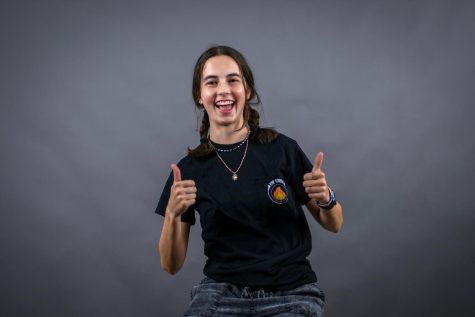
Hi! My name is Anabel Bradley and I am a senior at Kennedy. This is my fourth year in Torch and second year as Editor-in-Chief. I run track and cross country...

Hey, I’m Lindsey and this year I am new to writing for the Torch. I am currently a junior at Kennedy and joined Torch as a writer in order to experience...

